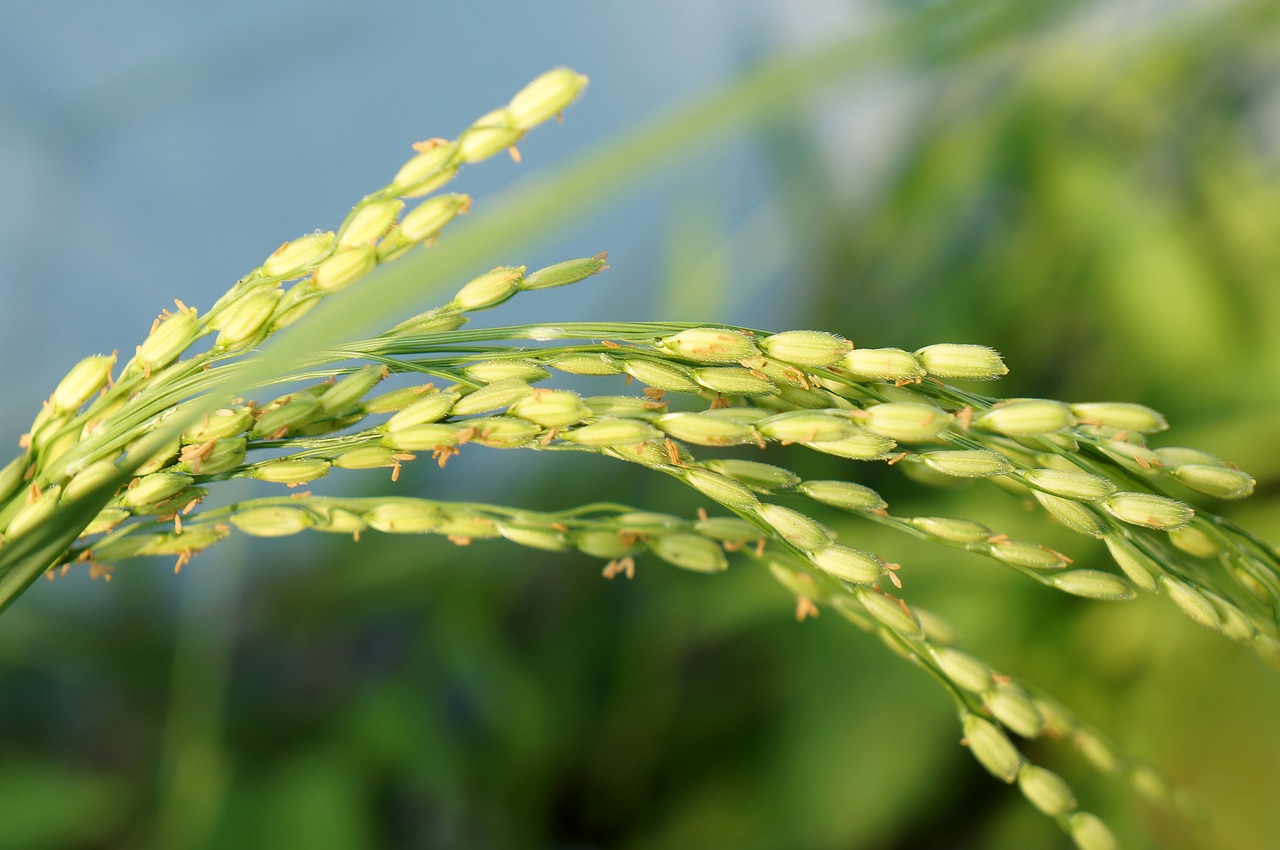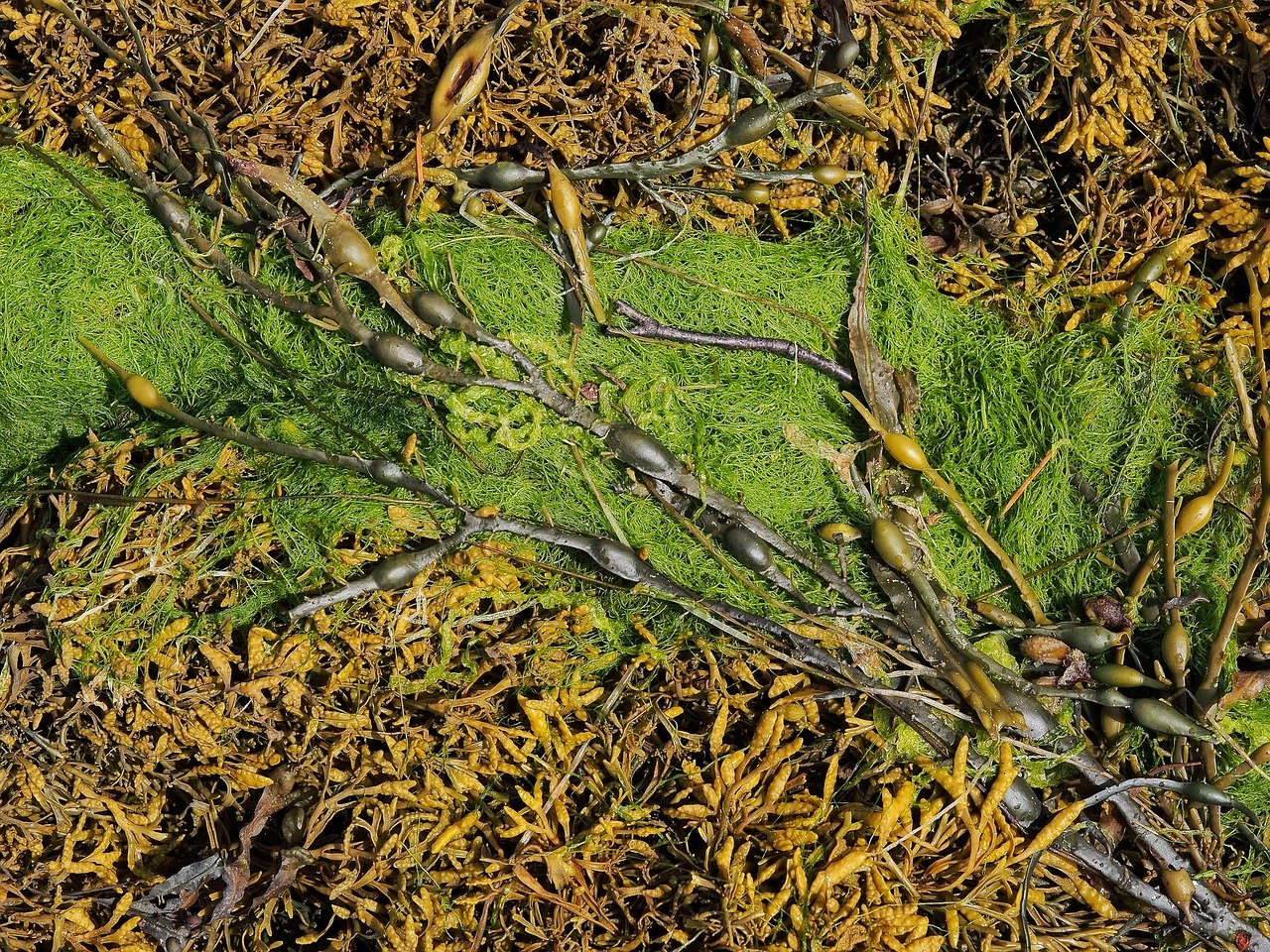
Soaking Seeds in Selenium Reduces Arsenic Content in Rice
- News
- 2.7K
The presence of arsenic traces in rice is a major problem in several parts of the country. Now scientists have found that soaking rice seeds in selenium can mitigate adverse effects on rice plants grown in arsenic-contaminated soils and can arsenic accumulation in rice grains.
The Ganga-Meghna-Brahmaputra basin is a source of drinking water and irrigation but high arsenic content due to weathering of arsenic-rich natural rocks and other man-made activities is a serious issue. Arsenic exposure in humans occurs through consumption of contaminated water as well as through food grown on arsenic-contaminated soils or irrigated water. Exposure to arsenic causes a range of health problems.
Researchers from the Directorate of Weed Research, Jabalpur and the University of Kalyani, West Bengal have found that pre-soaking rice seeds in sodium selenite solution for twenty-four hours can reduce ill effects of arsenic on plant growth and stops the accumulation of arsenic in roots which is a non-edible part.
Arsenic contamination in soil or water inhibits the germination of seeds, reduces plant height, chlorophyll content, tiller, and grain number. Scientists showed that selenium soaked seeds when planted on arsenic-rich soil were able to reverse this damage by confining arsenic to roots rather than translocating them to grains and other aerial parts.
The confinement of arsenic to root was best observed by pre-soaking seeds in 1mg/l solution of sodium selenite where the arsenic accumulation in grains reduced by almost 38%, according to results of the study published in journal Ecotoxicology and Environmental Safety.
“Entry of arsenic in the plant body and subsequent transfer to the rice grain and finally to the consumers’ plate is of a big issue. A large-scale, seed soaking with selenium could emerge as an affordable and farmer-friendly mitigation option to address arsenic-induced damage in rice,” Dr. Dibakar Ghosh, a scientist at the Directorate of Weed Research who conducted the study, told India Science Wire.
The research team also included Debojyoti Moulick and Subhas Chandra Santra from the University of Kalyani. (India Science Wire).
By Dr. Aditi Jain
Journal Article
For the latest Science, Tech news and conversations, follow Research Stash on Twitter, Facebook, and subscribe to our YouTube channel


